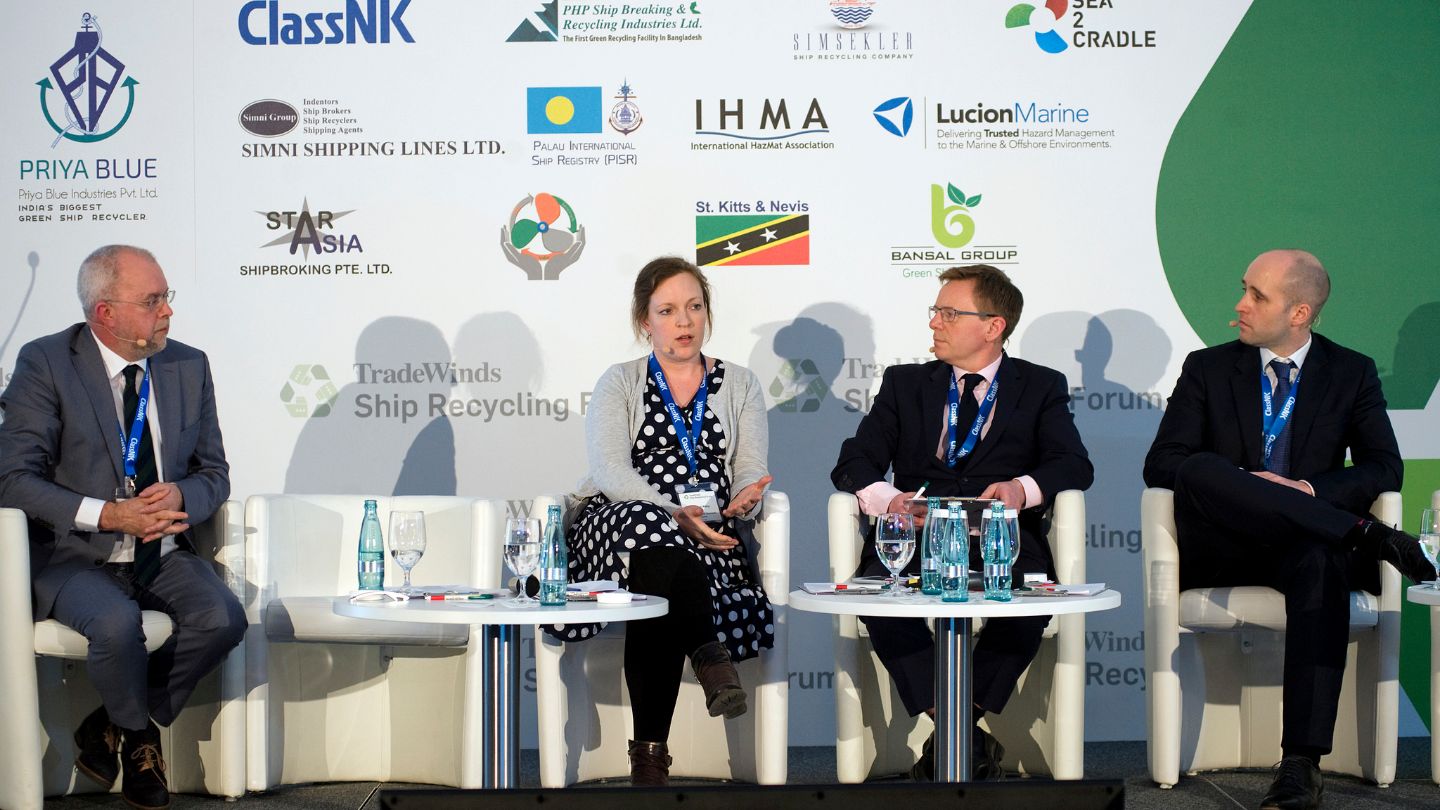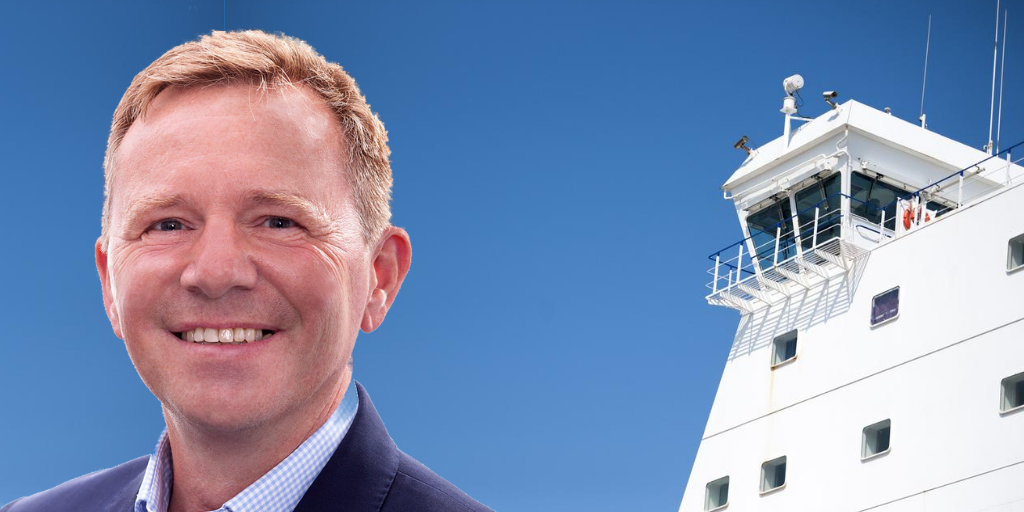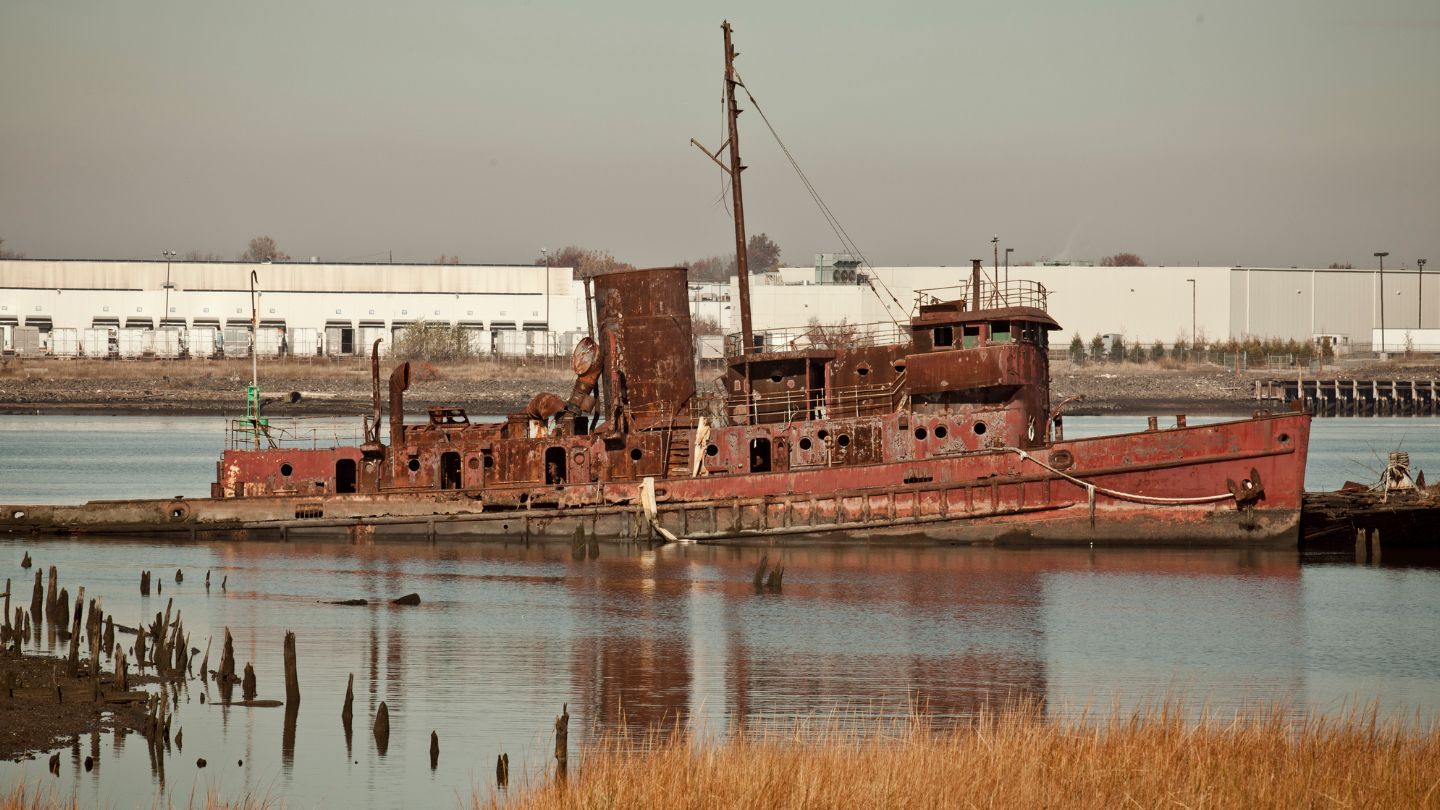EU SRR IHM Deadline: The Impact Of Covid-19 On The Deadline
16 September 2020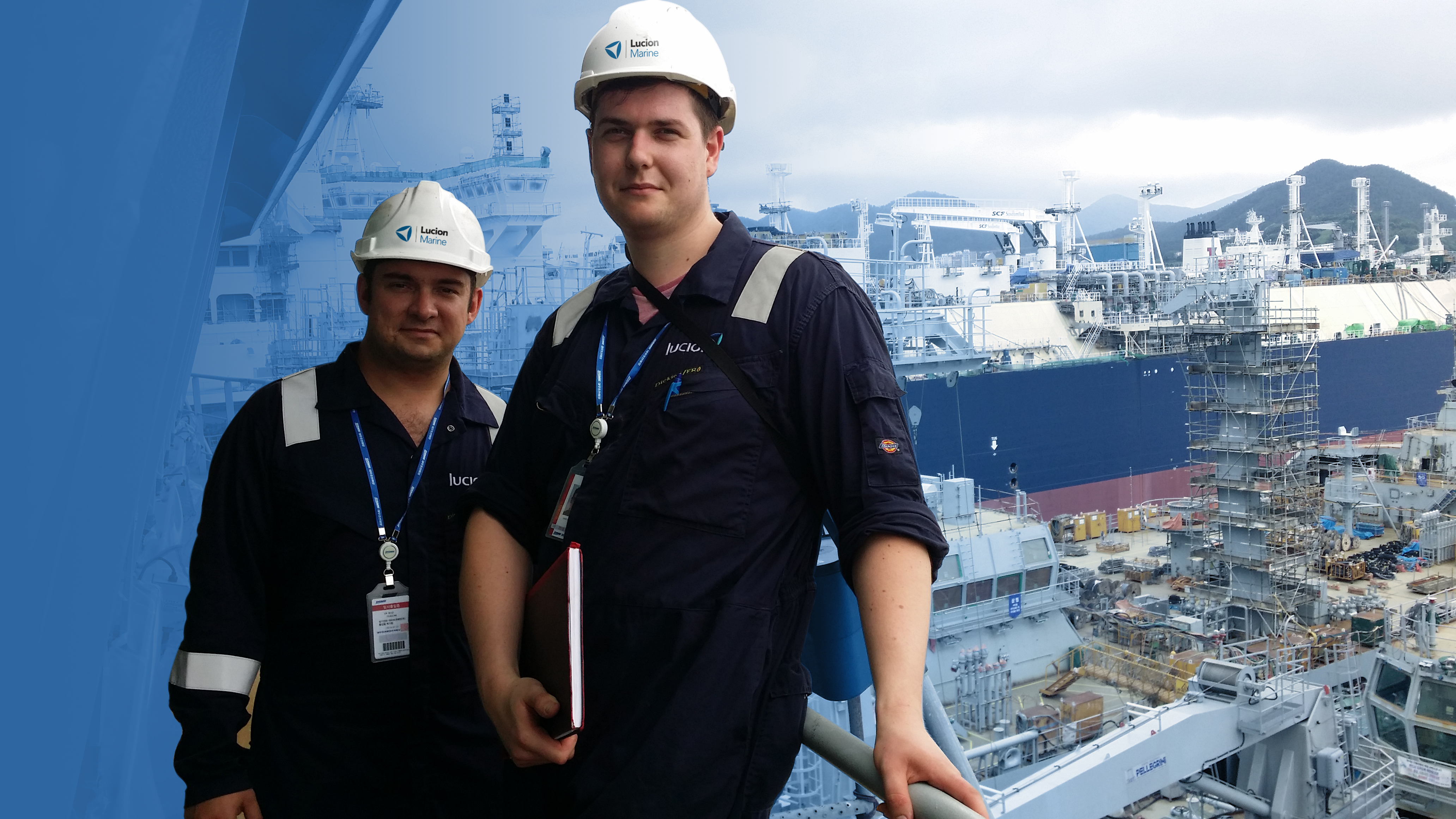
The EU SRR Inventory of Hazardous Materials deadline is fast approaching. Despite onboard inspection delays caused by the coronavirus pandemic, there will be no general extension to the deadline, the European Commission has stated in a letter to European Community Shipowners' Associations (ECSA). Whilst countrywide lockdowns still occur across the world, is the deadline feasible and what can shipowners do to protect themselves against non-compliance?
What is the Inventory of Hazardous Materials (IHM)?
In 2009 the Inventory of Hazardous Materials (IHM) regulations were introduced as part of the Hong Kong International Convention for the Safe and Environmentally Sound Recycling of Ships. The convention was developed with input from the International Maritime Organisation (IMO) and its members, addressing concerns about the standards of scrapping on the beaches in South Asia.
Aimed to ensure the safety of all those who could potentially be exposed to materials that are classed as hazardous to health (including workers in shipyards, on the ships and at recycling yards), IHM survey is an investigation to trace and identify the presence or absence of Hazardous Materials contained in the equipment and systems onboard. This list provides shipowners, vessel users, and recycling facilities with vital information about materials that could harm individuals or the environment.
When the Hong Kong Convention comes into force, all ships will be required to have an initial IHM survey followed by annual surveys throughout the ship's life. Ships being sent for recycling must have an up to date IHM (specific to each ship). Prior to the ship arriving at the recycling facility, the ship must have an end of life IHM (otherwise known as IHM parts 2 and 3. Shipyard recycling facilities must provide a Ship Recycling Plan that details the method used to dismantle the ship, accounting for the information provided in the IHM survey.
When will the new regulations come into force?
24 months after ratification by 15 States, representing 40 per cent of world merchant shipping by gross tonnage, combined maximum annual ship recycling volume not less than 3 per cent of their combined tonnage. Ratification has yet to be completed, so the deadline continues to remain unclear. However, European countries have already taken the initiative to promote safe ship recycling practices by introducing the EU SRR IHM deadline, 31st December 2020. Ratification has yet to be completed, so the deadline continues to remain unclear. However, European countries have already taken the initiative to promote safe ship recycling practices by introducing the EU SRR IHM deadline, 31st December 2020.
While the Hong Kong Convention has not yet entered into force, from December 31, 2020, to be compliant with the European Union Ship Recycling Regulation (EU SRR) any ship classed as 500GT or over entering into EU ports, regardless of flag, will be required to carry a valid and certified Inventory of Hazardous Materials (IHM).
Do the regulations apply to new or existing ships?
Both. According to EU SRR, for new ships built after 31st December 2018, the IHM should be delivered with a valid, certified IHM. For existing ships built before this date, the IHM is compiled retrospectively. The IHM survey will help fill in gaps where existing paperwork listing hazardous materials properties installed during the ship build, may be lacking.
Additionally, according to the new rules, the installation or use of certain hazardous materials on new or existing ships will be prohibited or restricted. These hazardous materials include for instance asbestos and ozone-depleting substances, as listed below. Any use of restricted hazardous substances must be listed in the ships IHM.
Will regulations still come into force in spite of the coronavirus pandemic?
Restricted access to ports caused by the global pandemic has led to serious delays for many shipowners obtaining IHM surveys for their fleet.
Shipping associations have lobbied the European Commission* for the regulation to be delayed which has so far been rejected.
Jon Chaplin of Lucion Marine commented on the possibility of the deadline extension stating;
“For those who have yet to start their IHM process, it is now vital to get the ball rolling to protect yourself and your vessels from non-compliance. COVID-19 related travel restrictions have hindered progress for both IHM survey suppliers and shipowners but so far, the European Commission has said there will be no deadline extension. Our advice to owners is to be proactive and well prepared in order to remain compliant and avoid fines and detentions. Act now to avoid the rush before the deadline.”
Maritime law firm Watson Farley & Williams suggests that almost a third of the 35,000 vessels* that will be required to comply with the EU regulation by the end of the year have yet to begin the work required to prepare and certify an IHM. With the number of vessels left to begin their IHM works, and a bottleneck of hazmat experts and delay in laboratory analysis means some shipowners will struggle to get their IHMs developed and certified before the deadline of December 31st 2020. Serious consequences are possible and lawyers such as HFW are warning of nasty shocks** for owners with no certified IHM on board.
"Without any extension by the EU Commission of the 31 December 2020 deadline in sight, it is imperative that owners of EU-flagged vessels and owners of non-EU registered vessels trading into the EU area treat their IHM Part I obligations as a strict requirement and not simply a "nice to have" document,” - Anisha Franklin, HFW.
HFW goes on to comment,
"We have seen the competent authorities in the European Union, in particular the Paris MOU member port states, taking an increasingly thorough approach in identifying non-compliance with applicable regulations concerning certification and there is no reason to think that they would treat the IHM requirement any differently once the deadline of 31 December 2020 arrives. COVID-19 has certainly added new hurdles for shipowners in meeting the deadline, and we know that shipowner associations have been making representations in this respect. Nonetheless, the implementation date of this requirement under the Ship Recycling Regulation (EU) 1257/2013 has been on the radar since December 2018 at the very latest, and the DG Environment at the EU Commission is showing little sign of granting any leeway. Though it will remain for individual port and flag states to police compliance, we expect little prospect for the granting of any waivers for shipowners that cannot demonstrate that they have at least taken reasonable steps to achieve compliance with the regulations." - Anisha Franklin, HFW.
What should be included in an IHM?
For a complete, valid IHM, your IHM process should include:
- Collation of necessary information
- Visual Sampling Check Plan (VSCP) - assessment of vessel information.
- Onboard verification and sampling survey - validates the information within the VSCP and with verification through sampling
- Sample Analysis at an accredited laboratory
- Interpretation of analysis results and IHM Report delivery (in Classification specific format, where required)
The IHM consists of 3 parts:
- Initial IHM survey - required for both new or existing ships to assess the current hazardous materials used on the ships structure, equipment and systems
- Monitor and record the hazardous wastes generated during ships operations
- Assess the stores
Part 2 and 3 of the IHM are only required when a vessel is being recycled.
What hazardous materials should be assessed in the IHM?
The main materials that the IHM survey covers:
- Asbestos - a lethal carcinogenic substance that causes a range of asbestos disease in humans, used in multiple ship building materials before being banned in January 2011 under SOLAS, although there is speculation that the
- Polychlorinated biphenyl (PCB) - an environmental pollutant, toxic to marine environments, and a lethal carcinogen in animals and humans, banned in the US and Europe
- Polychlorinated terphenyls (PCT) - a toxic material with similar properties to PCBs (often found to contain PCBs)
- Tributyltin (TBT) - a toxic pollutant, lethal to marine life, previously used in bottom hull paints
- Ozone Depleting Substances (ODS) - man-made gasses that affect the integrity of the ozone layer
- Polybrominated Biphenyls (PBB) - a material generally used as a flame retardant that can enter into the food chain (through aquatic pollution affecting marine life) and resists natural degradation
- Lead paint - Many boats have been painted with high content lead paint. When this paint deteriorates can be a potential risk to humans and cause lead paint poisoning
What is a valid and certified IHM certificate?
Once the IHM report is completed and delivered to a Recognised Organisation, a valid and certified IHM certificate is issued by, in most cases, the Classification Society or the Ship Registry. A valid certificate will only be issued after the successful completion of the IHM survey. The IHM certificate will be valid for 5 years from the issue date. After this date, shipowners are required to procure a new IHM certificate with a renewal IHM survey, ensuring all records and hazardous materials listed are correct and up to date.
EU/EEA flagged ships must obtain a certified IHM before December 31st 2020. For non-EU flagged vessels visiting EU ports, vessels will be required to obtain an EU SRR IHM Statement of Compliance (SoC) (issued by an authorised Recognized Organization). However, due to changes in trade routes and for ease, it is recommended that all vessels, regardless of their flag, acquire a fully certified IHM prior to the deadline to avoid delays when reaching ports or anchorage.
The IHM survey must be conducted by a trained and suitably competent HazMat Expert and the sample analysis should be conducted by an accredited laboratory. The full IHM should be supplied by a qualified supplier with Classification Society approval, to ensure the IHM is accurate and avoids unnecessary potential risks to both individuals and the environment.
What are the benefits of the IHM?
Aside from the benefits of protecting your company’s reputation, protecting the environment and individuals who may come into contact with poorly recycled vessels, having a valid and certified IHM minimises risks and liability to you.
The impact of poor ship recycling decisions has been heavily documented over recent years. To combat this negative impact on individuals and the environment, the European Union adopted the Hong Kong Convention 2009 early (in 2013) which outlines requirements that ships flying the flag of Member States of the Union and recycling facilities within the EU have to fulfil in order to make sure that ship recycling takes place in an environmentally sound and safe manner.
Lucion Marine, with its own full-time hazmat inspectors and largest laboratory in Europe, is particularly well-placed to help owners keep their crew safe and their ships compliant.
Get the support you need during the regulatory change with IHM services and consultancy delivered by our Hazardous Material Experts at Lucion Marine (a trading style of Lucion Environmental ltd), internationally accredited and approved supplier of IHM surveys and hazardous materials testing.
Relevant Links
*Figures sourced from https://splash247.com/shipowning-organisations-seek-delay-to-impending-european-hazardous-material-regulation/
Asbestos Management Plan: 12 Step Checklist
Struggling to get started with your Asbestos Management Plan? Download our free 12 step AMP Checklist Guide and take the first step to safeguard your teams, contractors, and reputation.
No Sign-Up Required
Inventory of Hazardous Materials Guide
The Inventory of Hazardous Materials (IHM) is a structured system to control hazardous materials onboard ships and achieve compliance with the EU Ship Recycling Regulation (EU SRR) and Hong Kong Convention (HKC) for the Safe and Environmentally Sound Recycling of Ships. Read Lucion Marine clients' most frequently asked questions and answers.
_1.png)
Download From NexGen


 NexGen
NexGen
